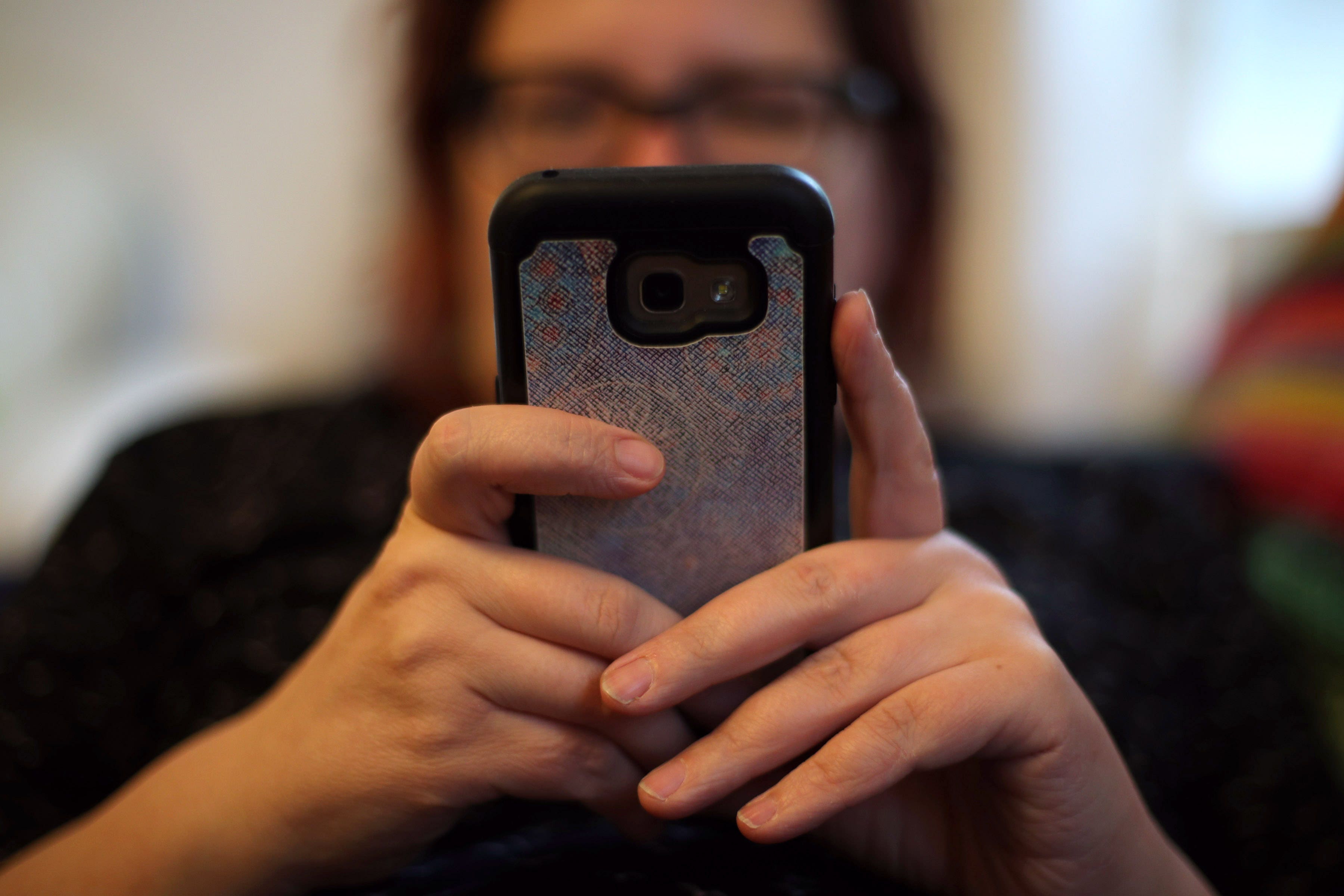Recycled phone numbers exposing users to hacking and nuisance calls, says Which?
The consumer group warned the rules around numbers being reused could leave people at risk.

Mobile phone users could be at risk of hacking, nuisance calls or having their phone cut off because of little-known rules around the recycling of old numbers, Which? has warned.
The consumer group said it has found a number of risks posed by existing phone numbers that get recycled and taken on by other consumers.
It said the issue is that many new numbers given out by telecoms firms in the UK are recycled from previous owners because there is a fixed pool of 11-digit combinations, with customer demand fuelling this recycling process.
In its research on the issue, Which? surveyed more than 15,000 members and found 11% had changed their mobile number in the last decade, but crucially only 50% had updated their number with all the relevant organisations and on their various online accounts, with 10% saying they had not updated it anywhere.
Our research shows that recycled phone numbers can cause significant problems for both the previous owner of the number and the new recipient
As a result, the consumer group said it is concerned online identities and accounts could be at risk because sensitive information is often sent by text message, or used to confirm log-in credentials for online accounts that use two-factor authentication.
According to its research, 7% of those surveyed said they had experienced problems caused by the deactivation or reallocation of a landline or mobile number – including issues around receiving calls and messages intended for the previous owner.
Which? said it also had reports of people being bombarded with calls and messages from debt collectors or people contacting users trying to buy drugs from them.
Lisa Barber, Which? tech editor, said: “Our research shows that recycled phone numbers can cause significant problems for both the previous owner of the number and the new recipient – from the risk of being hacked to losing an emergency phone line or receiving worrying unsolicited messages.
“Ofcom should aim to improve the way providers communicate that a number is at risk of deactivation and look into the issues that recycled numbers are causing consumers.”